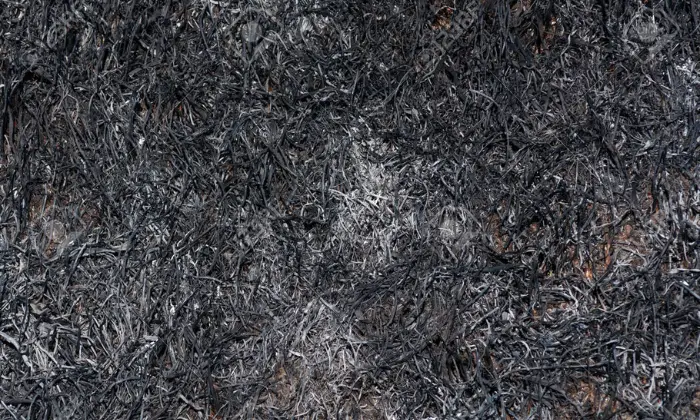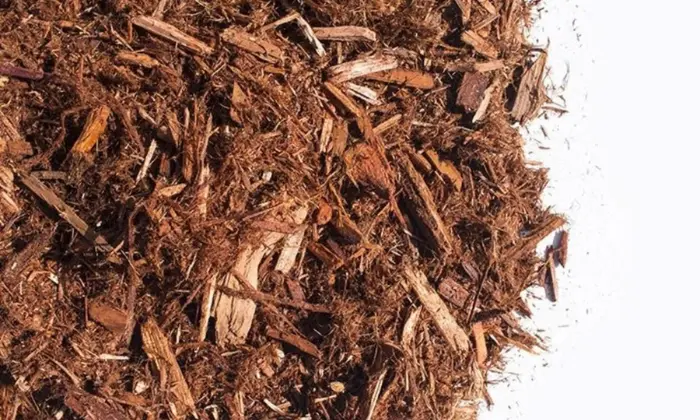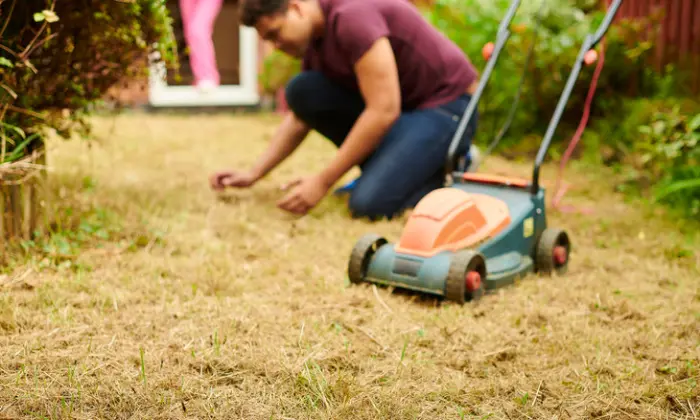In the realm of landscaping and gardening, mulch serves as a versatile tool with numerous benefits. From retaining moisture to suppressing weed growth and enhancing soil health, mulch is celebrated for its multifaceted contributions. However, there exists a common misconception surrounding its potential adverse effects on grass and weed proliferation. Let’s delve into this myth to uncover the truth behind the question Does mulch kill grass and weeds?
Does Mulch Kill Grass?
Contrary to popular belief, properly applied mulch does not inherently kill grass. It can benefit grass by conserving moisture, regulating soil temperature, and preventing soil compaction. However, certain factors such as excessive thickness or improper installation may hinder grass growth by limiting access to sunlight and air.

The Role of Mulch in Weed Control
Mulch serves as a potent ally in the battle against weeds. By creating a barrier that blocks sunlight and impedes weed germination, mulch effectively suppresses weed growth. This attribute is particularly evident with organic mulches like wood chips and bark, which gradually decompose, enriching the soil while simultaneously inhibiting weed proliferation.
Understanding Mulch Composition
Mulch comes in various forms, including organic materials like wood chips, bark, straw, and leaves, as well as inorganic options like rubber and plastic. Each type of mulch offers distinct advantages and may impact vegetation differently.

Debunking the Black Mulch Myth
Black mulch, often crafted from recycled materials and dyed for aesthetic appeal, does not possess unique properties that target grass for destruction. Its color primarily serves to enhance the visual appeal of landscapes while providing the same benefits as traditional mulches. When applied correctly, black mulch can complement grass and plantings without causing harm.

Is Cedar Mulch Beneficial or Harmful to Grass?
Cedar mulch, prized for its natural aroma and insect-repelling properties, does not pose a threat How to kill & remove grass when used appropriately. Like other organic mulches, cedar mulch aids in moisture retention and weed suppression while gradually decomposing to enrich the soil. Its distinct scent and longevity make it a popular choice among gardeners seeking both aesthetic and practical benefits.
Practical Tips for Mulch Application
To maximize the benefits of mulch without compromising grass health, follow these guidelines:
Proper Thickness
Apply mulch at a depth of 2-4 inches, ensuring adequate coverage without smothering grass or plant roots.
Avoid Mulch Volcanoes
Create a slight depression around trees and plants to prevent mulch from accumulating against their trunks, which can lead to moisture retention and root rot.
Regular Maintenance
Periodically replenish mulch layers as needed to maintain optimal thickness and effectiveness in weed suppression and moisture retention.
Conclusion
In conclusion, mulch is a valuable asset in landscaping and gardening, offering myriad benefits while dispelling the myth of its detrimental impact on grass and weed growth. By understanding the principles of proper mulch application and selection, gardeners can harness its potential to create vibrant, healthy landscapes that thrive in harmony with nature. Feel free to Contact Us
FAQS
Does Mulch Kill Grass?
No, mulch does not inherently kill grass. When applied correctly, mulch can benefit grass by retaining moisture, regulating soil temperature, and suppressing weed growth. However, excessive thickness or improper installation may hinder grass growth by limiting access to sunlight and air.
Does Mulch Kill Grass And Weeds?
Mulch serves as an effective tool for suppressing weed growth by creating a barrier that blocks sunlight and impedes weed germination. While it may inhibit weed proliferation, properly applied mulch should not harm grass.
Does Black Mulch Kill Grass?
Black mulch, like other types of mulch, does not have properties that specifically target grass for destruction. Its primary purpose is to enhance the visual appeal of landscapes while providing benefits such as moisture retention and weed suppression.
Does Cedar Mulch Kill Grass?
Cedar mulch, when applied correctly, does not harm grass. It can contribute to grass health by retaining moisture, enriching the soil, and suppressing weed growth. Proper application and maintenance are key to ensuring cedar mulch enhances rather than harms grass.
How Thick Should Mulch Be Applied?
Mulch should be applied at a depth of 2-4 inches to provide adequate coverage without smothering grass or plant roots. It’s essential to avoid excessive thickness, which can impede water and air penetration to the soil.


